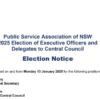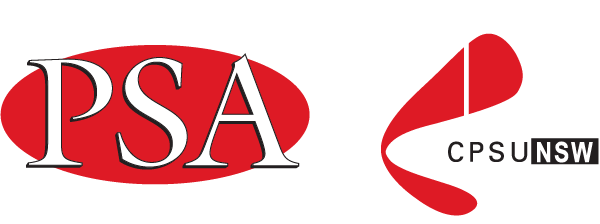From July 2024, there will be an increase in the amount Australians can add to their retirement savings – a boost in particular for those nearing retirement.
Super contribution caps will increase for the first time in three years on 1 July 2024.
In a win for super members, the concessional contribution cap will rise from $27,500 to $30,000, while the non- concessional cap will rise from $110,000 to $120,000.
The increase in super caps comes after the Australian Bureau of Statistics released data on average weekly ordinary time earnings (AWOTE).
Concessional contribution caps are indexed to AWOTE in increments of $2,500, while the non-concessional cap is set at four times the concessional cap.
Aware Super’s General Manager – Advice, Peter Hogg, said the increase in contribution caps next financial year would be particularly beneficial for older workers as they were more likely than their younger counterparts to be able to make extra contributions. The higher caps could also prove valuable to people transitioning to retirement and retirees under 75, he said.
“While we know that many of our members are struggling with cost-of-living pressures at the moment, the increase in contribution caps will be heartening news for many older members who want to get their finances in the best possible health as they prepare for or settle into retirement,” Mr Hogg said.
“The higher caps will give them extra firepower to top up their retirement savings and make the most of the favourable tax settings in the super system. These settings are in place to help people save for retirement and ultimately take pressure off the taxpayer by reducing demand for the Age Pension, so those who are in a position to make use of the increased limits next financial year should give serious consideration to doing so.”
Concessional super contributions, which include compulsory super payments from employers, pre-tax salary sacrifice and voluntary contributions that members then claim as a tax deduction, are taxed at only 15 per cent – significantly less than the marginal tax rates most workers pay. Under Australian Tax Office (ATO) rules, super members can make use of unused cap amounts from as long ago as five years, depending on their balance.
Many people also like to make non- concessional contributions to their super – top-ups from money they’ve already paid tax on, such as take-home pay – because investment earnings in super are generally taxed at only 15 per cent instead of their marginal tax rate.
Mr Hogg noted the ATO allowed super members to bring forward the equivalent of one or two years of their annual non- concessional cap allowance from future years, subject to some criteria. “The increase in the non-concessional cap will be useful for people in a position to make use of the bring-forward rule,” he said.
He cautioned that making use of the higher caps – both concessional and non-concessional – wouldn’t necessarily be the best course of action for everyone. “The increase will typically benefit those with more disposable income.
“However, extra super contributions won’t always be the best option. If you still have a mortgage, for instance, you may be better served by making extra repayments.
“If you’re unsure of the best strategy for your circumstances, guidance and advice can help. Funds such as Aware Super provide advice to members on their superannuation for no extra cost, and more complex advice for a fee, so call your fund to see what help they can offer.”
Supplied by Aware Super Pty Ltd, Trustee of Aware Super. This is general information only. Before taking any action, please consider your own circumstances and consider getting advice to make sure it is appropriate for you. Please also look at the relevant Product Disclosure Statement.
















Leave a Comment
Your email address will not be published. Required fields are marked with *